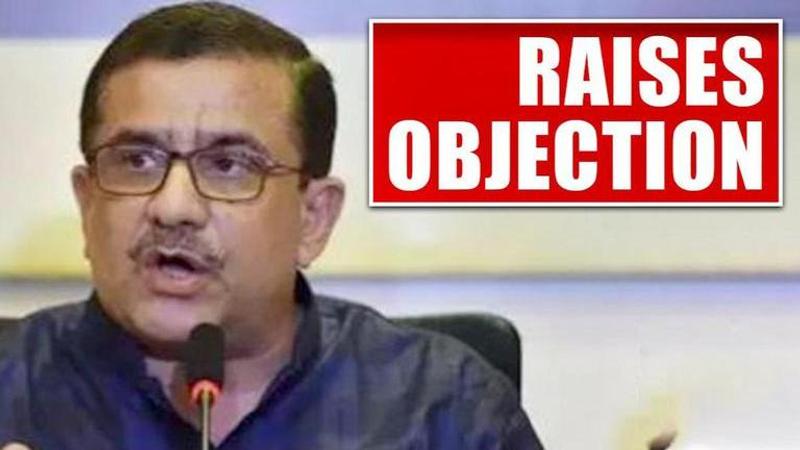Published 20:05 IST, December 10th 2019
Ayodhya verdict: UP Shia Central Waqf Board objects to allotment of 5-acre land to Sunnis
Uttar Pradesh Shia Central Waqf Board Chairman Wasim Rizvi on Tuesday raised an objection over the allotment of the five-acre land to Sunni Muslims.

Uttar Pradesh Shia Central Waqf Board Chairman Wasim Rizvi on Tuesday, December 10, raised an objection over the allotment of the five-acre land to Sunni Muslims. According to him, the land should be given to Shias and not Sunnis as Mir Bakshi was a Shia. Mir Bakshi had built the mosque. He further said, "The land should be given for charitable purposes."
Rizvi urges Centre to include Shias in CAB
On Monday, Rizvi urged the Central government to include his community in Citizenship (Amendment) Bill 2019 claiming that the Shia Muslim community has been facing religious discrimination in several countries. He wrote a letter to the Centre, calling Shias a 'weak community'. In the letter, he wrote, "We want to bring to your notice that Shia Muslims are being subjected to inhumane treatment and also being killed in Pakistan, Bangladesh, Afghanistan, Syria, Saudi Arabia, and Kenya because of their minority status."
Supreme Court's Ayodhya verdict
Pronouncing the landmark judgment in the Ayodhya dispute case on November 9, the Supreme Court, delivered a unanimous judgment in the title suit of the disputed area awarding it to the Hindu parties for the construction of a temple. It also directed the Centre to come up with a scheme within three months to set up a trust which will hand over the outer courtyard and inner courtyard of the site for construction of a temple. Apart from this, the SC stated that an alternate land of 5 acres is to be allotted to Muslims for the liberty of constructing a mosque, either by the Central or the state government in a suitable and prominent place in Ayodhya. CJI Ranjan Gogoi, while delivering the unanimous judgment, dismissed the claims of the Sunni Central Waqf Board and the Nirmohi Akhara. He also termed that the three-way division of the disputed land by the Allahabad HC in its 2010 verdict is wrong.
(WITH ANI INPUTS)
Updated 21:51 IST, December 10th 2019




